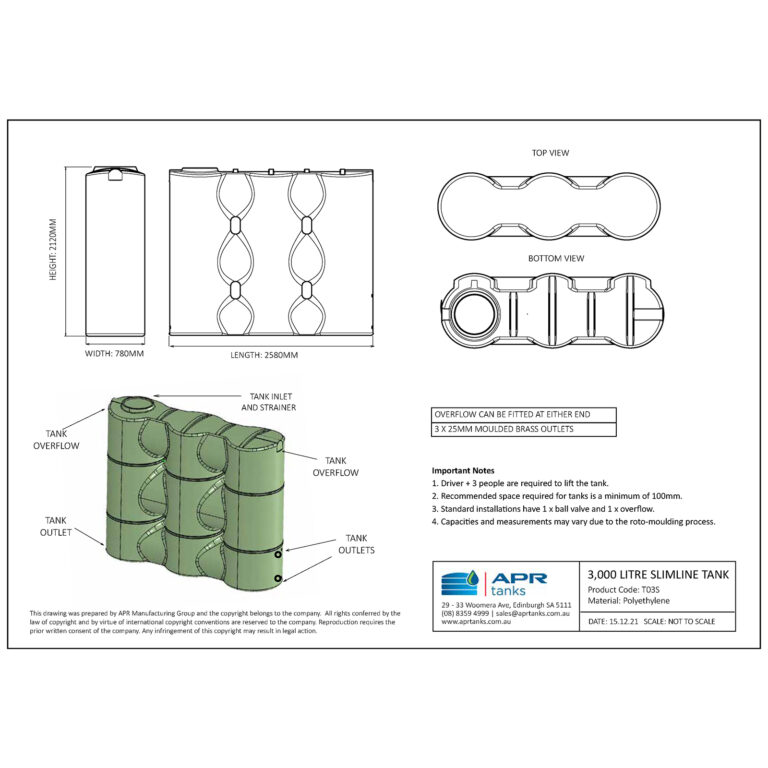Slimline Water Tanks: Trendy and Practical for Modern Residences
Slimline Water Tanks: Trendy and Practical for Modern Residences
Blog Article
Exploring the Various Uses of Rain Containers for Residential and Commercial Characteristics
As the worldwide concentrate on lasting living methods remains to intensify, the application of rainwater tanks in both residential and business setups has arised as a pertinent service. These tanks offer a reservoir for rainwater harvesting, offering a myriad of prospective applications that prolong far past mere storage. From irrigation to commode flushing and landscaping, the convenience of rainwater storage tanks is huge. Their combination into business residential properties opens up a world of opportunities for ecologically aware businesses. The diverse usages of rain storage tanks provide a compelling case for their fostering, not just as a practical water-saving procedure however likewise as a testimony to responsible resource management.
Advantages of Making Use Of Rainwater Tanks
Using rainwater storage tanks uses numerous benefits for both families and areas in regards to water conservation and sustainability. One of the key benefits of making use of rain storage tanks is the significant decrease in reliance on keys water supply - Slimline water tanks. By recording and storing rain for later use, people and areas can decrease their demand for cured water, ultimately easing the burden on water therapy facilities and decreasing energy usage connected with water transportation and therapy
Additionally, rainwater gathering with storage tanks supplies a reputable different water source during times of water limitations or shortages. This kept rainwater can be used for different non-potable functions such as watering, purging commodes, and washing clothes, lowering the stress on standard water sources. Additionally, utilizing rain storage tanks can bring about cost financial savings for both families and communities by lowering water costs and reducing the need for costly framework expansions to satisfy expanding water demands.
In essence, the usage of rainwater storage tanks uses a lasting and eco-friendly strategy to water monitoring, profiting both specific customers and the more comprehensive area in regards to water preservation, cost-efficiency, and resilience.
Rainwater Tank Usage in Irrigation
Provided the advantages of rain tanks in conserving water sources and reducing dependence on keys supply of water, a significant application hinges on utilizing stored rainwater for watering functions - Slimline water tanks. Rainwater collecting systems can successfully collect and store rainwater, providing a sustainable water source for sprinkling gardens, yards, and agricultural areas. By using rain for watering, residential or commercial property proprietors can lower their dependancy on cured water resources, resulting in cost financial savings and ecological benefits

One of the key benefits of utilizing rain for watering is its pureness. Rain is normally soft and free from the chemicals and ingredients frequently Visit Website discovered in mains water, making it excellent for nourishing plants without the risk of unsafe effects. Additionally, rainwater goes to ambient temperature, which can profit plant growth by preventing temperature shocks that can accompany cold mains water.
Rainwater Storage Tanks for Toilet Flushing

Executing rainwater tanks for commode flushing is a cost-effective and eco pleasant practice that can be easily integrated right into both domestic and commercial residential properties. The saved rainwater can be utilized to flush commodes by connecting the container to the existing pipes system. This straightforward yet reliable remedy can considerably reduce water intake in a building, especially in locations where water scarcity is a concern.

Integrating Rain Tanks in Landscaping
These containers can capture and store rain drainage from roofings, which can then be made use of for sprinkling gardens, grass, and plants. By utilizing rainwater great site for watering objectives, property proprietors can lower their reliance on community water sources, leading to cost financial savings and preservation of priceless water resources.
Along with giving a sustainable water resource for landscaping requirements, rainwater storage tanks can also help in taking care of stormwater overflow. By capturing rainwater that would otherwise flow right into tornado drains pipes, these containers can minimize erosion, minimize flooding dangers, and prevent contamination of all-natural water bodies. Additionally, integrating rainwater storage tanks in landscape design can add to the overall aesthetic charm of the residential property, showcasing a dedication to environmental stewardship.
Commercial Applications of Rainwater Tanks
Utilizing rainwater storage tanks in industrial settings supplies a sustainable remedy for water administration and preservation, profiting organizations and the setting alike. Commercial applications of rain containers vary and significantly preferred because of the expense financial savings and ecological advantages they provide. One essential industrial use is for irrigation functions, where collected rainwater can be used to water landscaping, yards, and farming fields surrounding business residential properties. This can lead to considerable decreases in water expenses and reliance on local water sources.
Additionally, rain gathered in storage tanks can be treated and made use of for non-potable functions within business homes, such as flushing toilets, cleansing, and cooling down systems. On the whole, the incorporation of rain tanks in business settings provides a functional and eco liable method to water monitoring.
Conclusion
From watering to bathroom flushing and landscape design, the use of rainwater storage tanks can help preserve water resources and lower water bills. In general, the convenience and sustainability of rainwater containers make them an important financial investment for any kind of residential property proprietor looking to increase water effectiveness.
Report this page